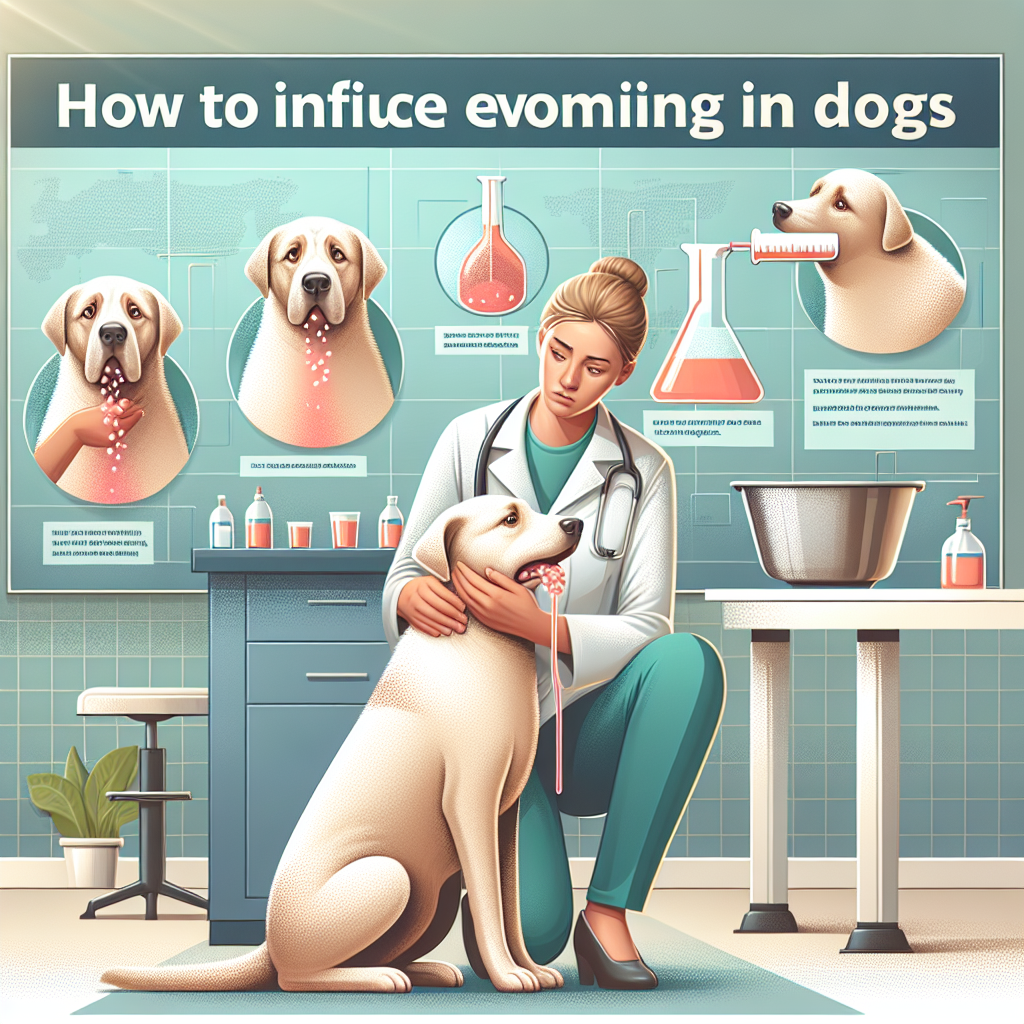Why Do Dogs Eat Cat Poop? Understanding This Common Canine Behavior
If you’re a dog owner, you may have experienced the uncomfortable and often perplexing moment when your furry friend discovers that the neighbor’s cat has left a litter box surprise. Dogs eating cat poop—also known as coprophagia—can be both perplexing and gross. But why do they do it? Here, we delve into the reasons behind this behavior and what it means for your dog’s health and well-being.
The Reasons Behind the Behavior
1. Nutritional Deficiencies
One possible explanation for why dogs indulge in cat feces is related to nutritional deficiencies. Cat food is typically richer in protein and fat compared to dog food, which may attract dogs seeking more nutrients. If a dog’s diet is lacking in certain vitamins or minerals, it may instinctively search for alternative sources, including the feces of other animals.
2. Instinctual Behavior
Dogs are descendants of scavenging animals, and munching on feces can be traced back to their wild ancestors, who consumed whatever food sources were available, including the droppings of other animals. This behavior may be hardwired into their instincts, especially if they’re in environments where food is scarce.
3. Scent Attraction
Dogs have an incredibly acute sense of smell, and to them, poop can be an enticing odour. Cat feces contains scents that dogs may find appealing, especially since it can contain undigested food particles. This can make cat poop smell especially appetizing to a curious dog.
4. Curiosity and Exploration
Dogs are naturally curious creatures. They use their mouths to explore their environment, and if they come across cat litter or feces, they might simply be investigating. Puppies, in particular, are known for exploring the world through taste, leading them to ingest things that might not be the best for them.
5. Behavioral Issues
In some cases, dogs may eat feces out of boredom or anxiety. Dogs that do not receive enough mental stimulation or social interaction may engage in coprophagia as a way to cope with stress or boredom. This behavior can also indicate a behavioral disorder, which may require the attention of an animal behaviorist or trainer.
6. Attention-Seeking Behavior
For some dogs, eating cat poop can be a way to gain human attention—even if that attention is negative. If a dog notices that their owner reacts strongly when they engage in this behavior, they may repeat it as a way to elicit a reaction.
The Risks and Concerns
While this behavior may seem harmless, eating cat feces can pose health risks. Cat feces can contain parasites such as Toxoplasma or other infectious agents that can negatively impact your dog’s health. Additionally, if a dog digests too much feces, it may lead to gastrointestinal disturbances.
How to Discourage the Behavior
If your dog has developed a habit of eating cat poop, there are several strategies to discourage this behavior:
-
Supervision: Keep a close eye on your dog when outside or in areas where cat feces is accessible.
-
Training: Teach commands such as “leave it” to discourage your dog from indulging.
-
Diet Inspection: Ensure that your dog’s diet is balanced and meets their nutritional needs. Consult with your veterinarian about any potential deficiencies.
-
Provide Enrichment: Engage your dog in regular play and exercise to prevent boredom. Mental stimulation, like puzzle toys or training exercises, can reduce the likelihood of undesirable behaviors.
- Manage Access: If you have a cat and a dog, keep the litter box in an inaccessible area for your dog or use litter boxes that are elevated or covered.
Conclusion
While the sight of your dog feasting on cat poop can be off-putting, understanding the underlying reasons for this behavior can help owners take appropriate measures to curb it. Ultimately, with the right approach, you can help your dog develop better habits while ensuring they receive the nutrition and attention they need to thrive. If you’re ever concerned about your dog’s health or behaviors, don’t hesitate to consult your veterinarian or a professional dog trainer.





